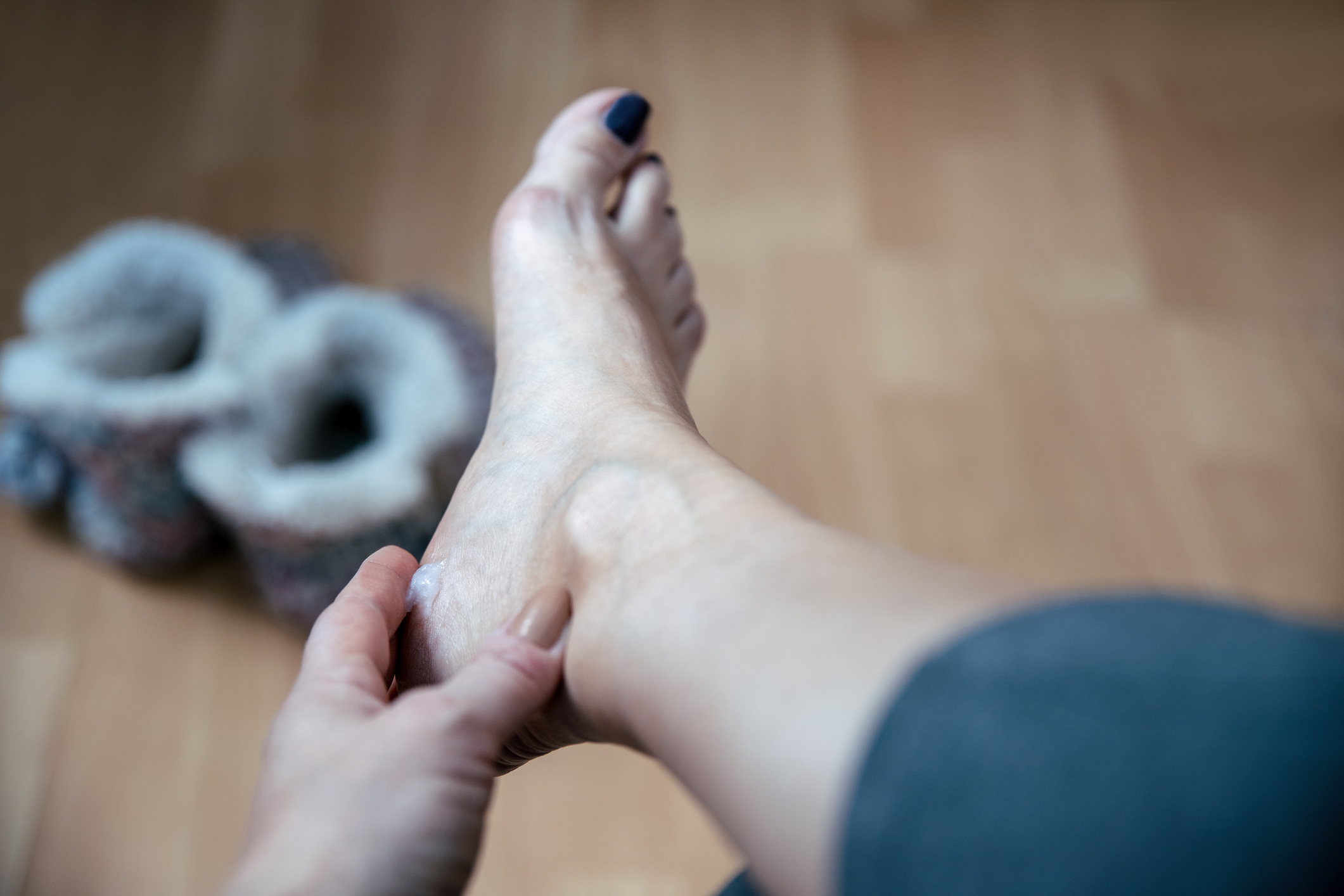

January is thyroid awareness month, and lucky for me, my annual physical is coming right up.
And based on some research I’ve been doing, I’ve requested a few additional blood tests, specifically related to my thyroid levels.
I’ve discovered that about one woman in five over the age of 60 — that’s a full 20 percent of us — have some sort of thyroid disease.
And, if you’re over 75, whether male or female, you have that same 20 percent chance of having hypothyroidism, or low levels of thyroid hormones.
In women, hypothyroidism is often misdiagnosed as either depression or menopausal symptoms.
But there’s one symptom I’ve just learned about, and it’s the one that’s finally made me ask for those additional blood tests. Once you hear about it, you might want to get tested, too…
Signs of low thyroid levels
Your thyroid regulates a lot in your body. And I do mean a lot.
It regulates the production of energy throughout your body. That includes your heart, brain, skin and bowels. It also regulates body temperature.
Clearly, a lot can go wrong if your thyroid isn’t working correctly.
Yet the symptoms of low thyroid hormones are often mistaken for other complaints, especially in post-menopausal women, who are more likely to have hypothyroidism, as mentioned above.
These symptoms include depression, fatigue, constipation, unexplained weight gain, “brain fog,” and feeling cold all the time.
But it’s your feet that might give you your first sign that something is wrong with your thyroid.
What hypothyroidism does to your feet
If you have three or more of the following symptoms, it’s worth getting your thyroid levels checked.
- Dry, flaky, cracked feet (especially the heels) with calluses
- Itchy feet
- Cold feet
- Swollen feet
- Foot pain and cramping
- Foot infections
- Smelly feet
- Yellow soles
- Toenail changes
Getting the right tests for hypothyroidism
There are two different thyroid tests available, and it’s important that you get both.
Most doctors will order a test of your TSH levels if they suspect a thyroid issue.
But a TSH test only tells you how well your pituitary gland is “talking” to your thyroid, telling it when more of the thyroid hormone T4 is needed.
It doesn’t measure actual levels of T4.
There are blood tests available that give a more complete picture of how well the thyroid is producing T4, how well that T4 is being converted to T3 (which does the “heavy” work) and whether there are anti-thyroid antibodies present.
To get a complete, accurate picture, you’ll want the test that measures your T4 levels.
How you can keep your thyroid healthy
Research shows that exposure to BPA and phthalates cause low thyroid hormone levels. You’ll want to avoid canned foods; the linings of most cans contain BPA. And read product labels carefully to check for these chemicals.
Eating foods high in B vitamins, selenium, iodine, vitamin D and zinc will support a healthy thyroid. Here’s a guide to foods that are rich in these thyroid-supporting nutrients, as well as four foods you should do your best to avoid.
Step into the new year with a healthier thyroid — your feet will thank you!
Sources:
Are Your Feet Warning You of a Thyroid Problem? — Care Plus
10 your feet are warning you about a thyroid problem — Hypothyroid Mom
